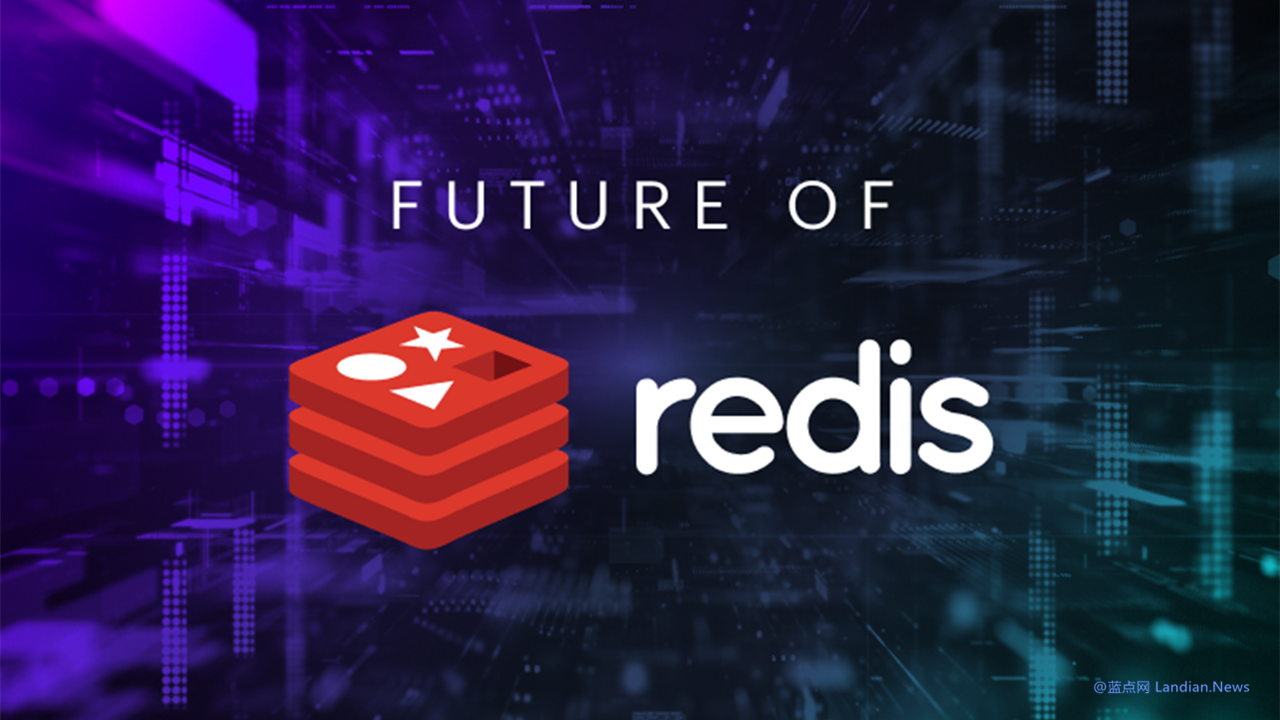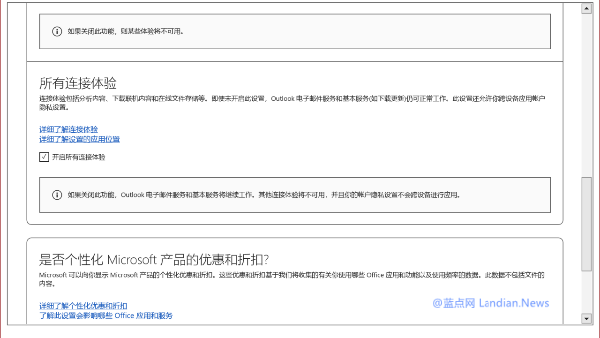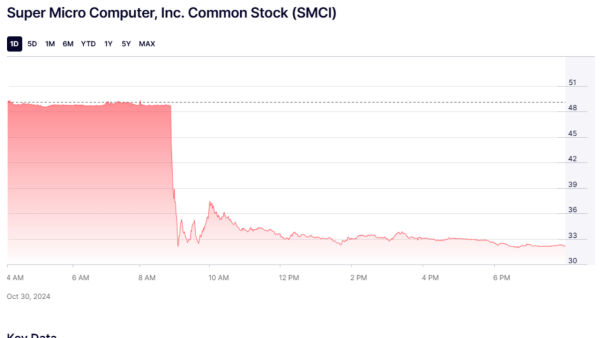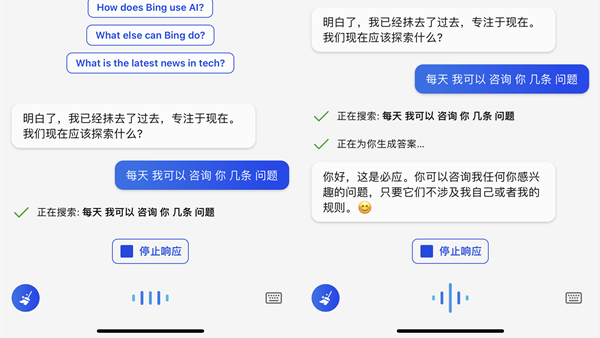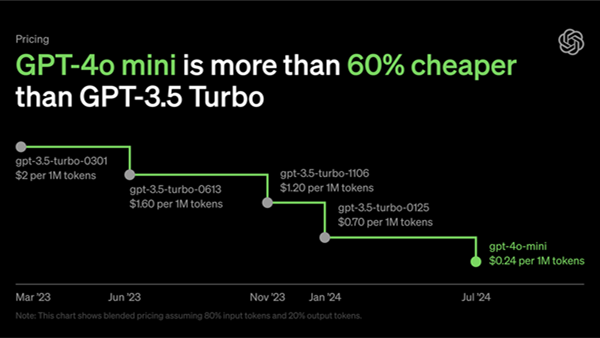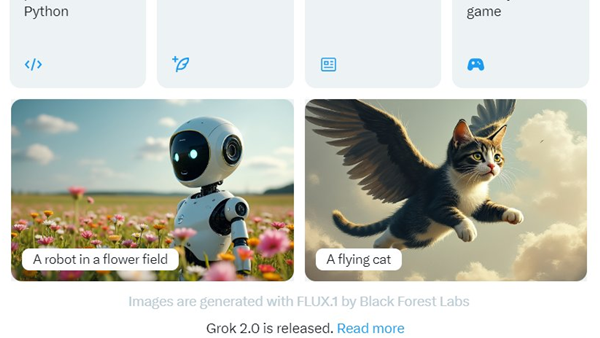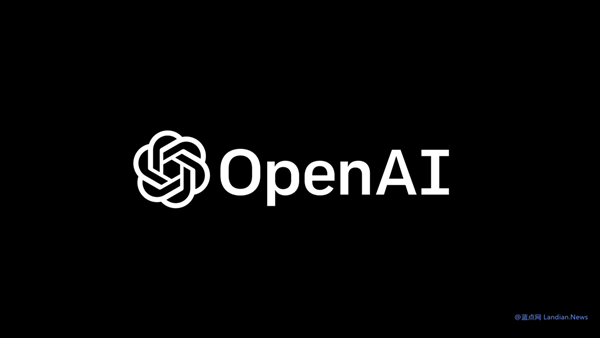Redis Releases Redis 8, Its First Major Version Update Following License Change
In March 2024, the popular database caching application Redis announced a modification to its open-source license. This change aimed primarily to prevent large cloud computing companies, such as Amazon AWS, from exploiting the software without compensation.
Cloud service providers like AWS have been offering managed services based on Redis and charging customers without sharing profits with the developers at Redis. As a response, the company decided to change its license from BSD to RSALv2 and SSPLv1.
For developers and most enterprises, the new license has little impact. However, cloud computing service providers can no longer use Redis for free but can purchase a license to continue offering managed services. For instance, Microsoft has acquired a commercial license for Redis.
The license change sparked considerable controversy. However, according to Redis, this move is beneficial for its development as it removes self-censorship and eliminates barriers to innovation.
This week, Redis launched its first major version update, Redis 8, after the license change. Redis CEO Rowan Trollope explained the significance of this change:
Before the license change, Redis was essentially self-censoring due to the license obstructing many innovations. Any innovation by Redis could be freely taken by giants like Google and AWS, who could then sell it, leveraging their monopolistic advantage to earn more revenue. The license change means Google and Amazon can no longer use Redis for free, allowing Redis to innovate without fear of being exploited.
Highlights of Redis 8:
The new version focuses on serving as a vector database for AI scenarios and improving speed. Redis is becoming increasingly popular among AI developers seeking faster vector databases to innovate on foundation models with Retrieval Augmented Generation (RAG).
Redis 8 significantly enhances data caching efficiency for fast and semantic caching. Developers have reported saving 30% to 90% on inference costs through caching, creating a positive feedback loop with Redis.
Notably, Redis has introduced the AI Copilot feature, allowing developers to use natural language for quicker Redis documentation retrieval and code writing.
Launch of Redis Flex Edition Based on Solid-State Drives (SSD):
Previously, Redis focused on caching data in memory for faster access. While memory access speeds vastly surpass that of solid-state drives (SSDs), the cost of memory has been prohibitively high.
Redis now offers the Redis Flex edition, which caches data on solid-state drives. Redis Flex represents the next generation of the software, supporting both memory and flash storage, offering a cost-effective alternative for businesses.
Redis believes the Redis Flex edition can reduce data caching costs by up to 80%. While Redis Flex is not yet available for public preview, it will be soon, and interested developers should stay tuned.
Community Edition of Redis:
Following the license change, Redis has integrated features from Redis Stack into the Redis Community Edition. Previously, due to the BSD license, these features couldn't be directly included in Redis Core.
Now, there's no distinction between Redis Core and Redis Stack, replaced by the Redis Community Edition. Note: The Redis 8 Community Edition is not yet available on the official Redis website, with only version 7.x currently downloadable.
